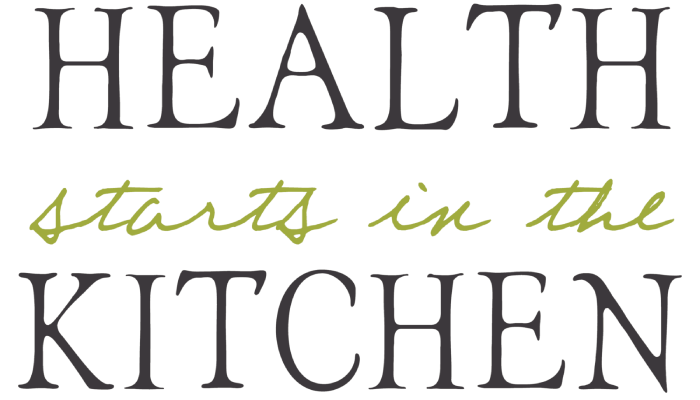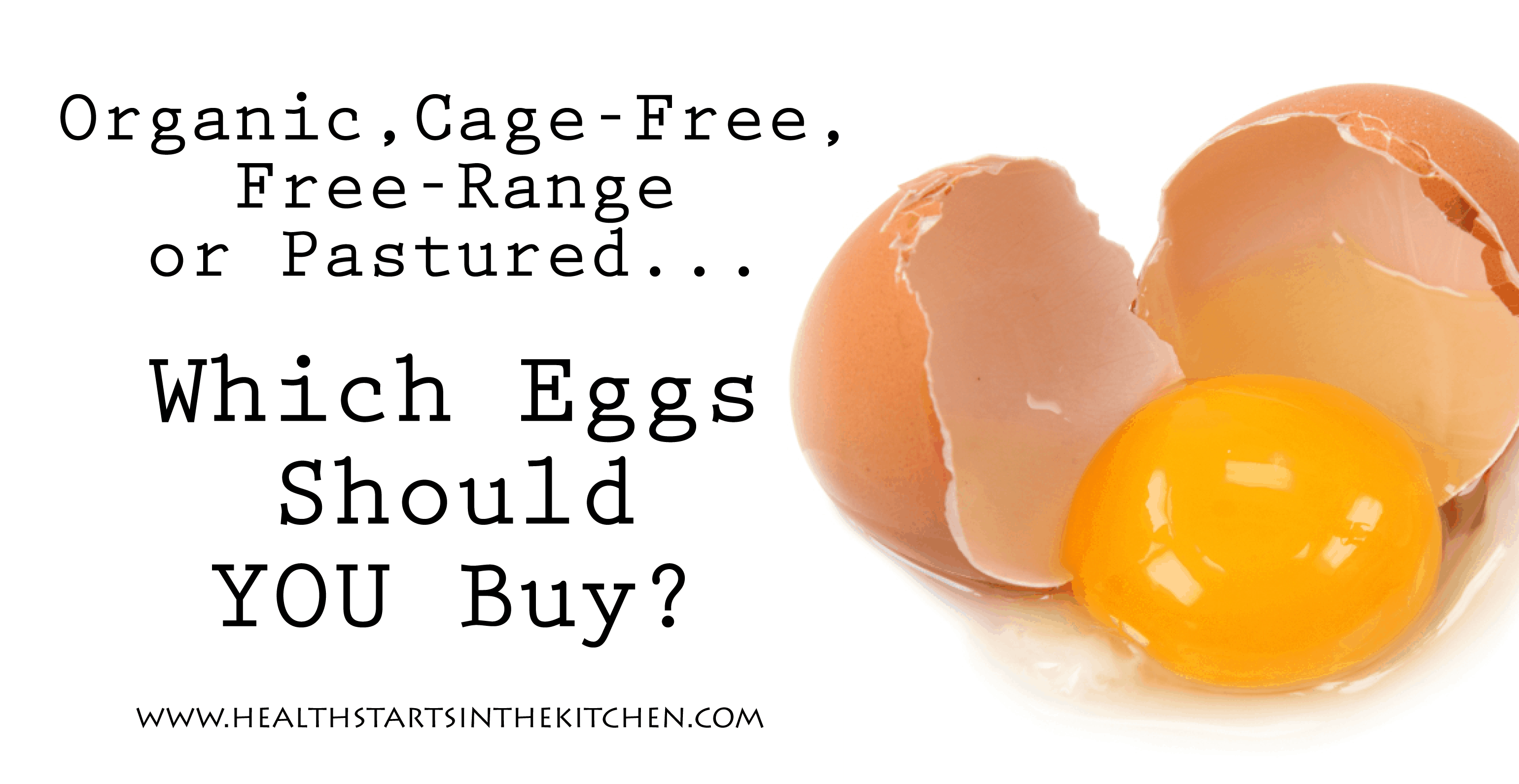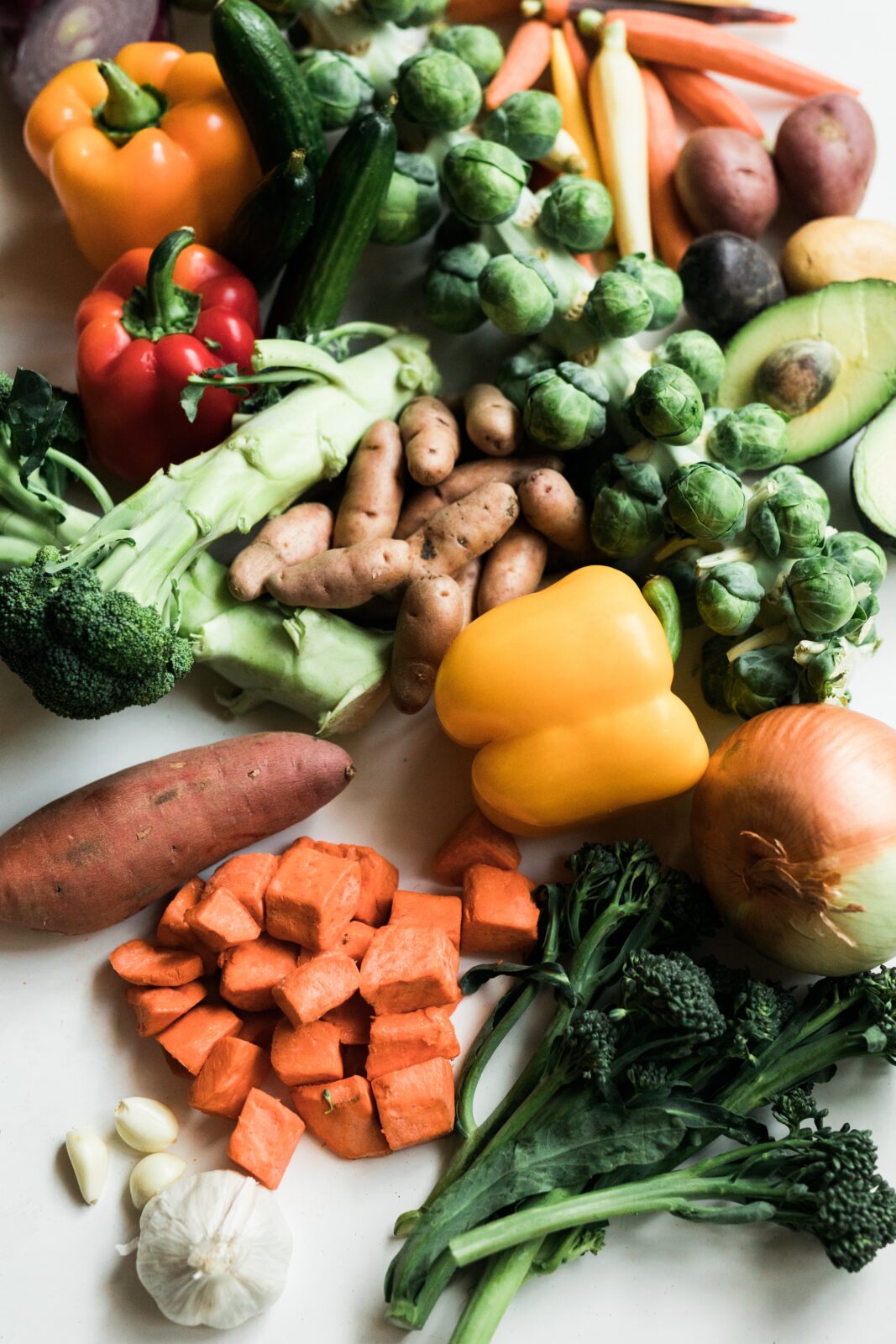Organic, Cage-Free, Free-Range or Pastured… Sorting Through the Confusion on Egg Labels
Proteins are nutrients that are essential to the building, maintenance and repair of your body tissues such as your skin, internal organs and muscles. They are also the major components of your immune system and hormones.
Proteins are found in all types of food, but only foods from animal sources, such as meat and eggs contain complete proteins, meaning they provide the eight essential amino acids.
Eggs, as well as the chickens they come from, are both healthful sources of protein but ONLY if raised the way nature intended… Unfortunately, as illustrated in the video above, today’s agricultural model of factory farming has complicated what used to be a simple affair.
Organic, Cage-Free, Free-Range, or Pasture-Raised?
Health conscious consumers know to look for designations like “organic,” “free-range,” “pastured” and “cage-free,” but while you may think these are interchangeable, they’re actually not. In many ways these labels are little more than creative advertising.
The definitions of “free-range” are such that the commercial egg industry can run industrial farm egg laying facilities and still call them “free-range” eggs, despite the fact that the birds’ foraging conditions are far from what you’d call natural.
For example, regulations on the use of the term “free-range” do not specify the amount of time the hens must spend outdoors or the amount of outdoor space each hen must have access to. Nor do they indicate that the hen must have access to a pasture diet.
True free-range eggs, now increasingly referred to as “pasture-raised,” are from hens that roam freely outdoors on a pasture where they can forage for their natural diet, which includes seeds, green plants, insects, and worms.
Large commercial egg facilities typically house tens of thousands of hens and can even go up to hundreds of thousands of hens. Obviously they cannot allow all of them to forage freely. They can still be called “cage-free” or “free-range” though, if they’re not confined to an individual cage. But these labels say nothing about the conditions they ARE raised in, which are still deplorable.
So, while flimsy definitions of “free range” and “cage-free” allow such facilities to sell their products as free range, please beware that a hen that is let outside into a barren lot for mere minutes a day, and is fed a diet of corn, soy, cottonseed meals and synthetic additives is NOT a free-range hen, and simply will not produce the same quality eggs as its foraging counterpart. There’s also the issue of veterinary drug contamination. As reported in the featured article1:
“Formally certified organic accreditation – which is a membership-based process and comes with it a logo on packaging – signifies whether the chicken is free from unnatural additives or processes. Most brands don’t actually hold this accreditation.
[C]ertified organic poultry is the only poultry product that is 100 per cent guaranteed to be antibiotic-free. “Antibiotics can be fed to conventional chickens to accelerate weight gain and treat or prevent disease. “Free-ranging chickens can be treated with therapeutic antibiotics under veterinary direction and sold with the use of coccidiostats [a chemical agent added to animal feed]”, says Sally, author of Eat Yourself Healthy in 28 Days…”
So to summarize, what you’re really looking for is chicken and eggs that are both certified organic and true pasture-raised. Barring organic certification, which is cost-prohibitive for many small farmers, you could just make sure the farmer raises his chickens according to organic, free-range standards, allowing his flock to forage freely for their natural diet, and aren’t fed antibiotics, corn and soy.
Organic Pastured Eggs Contain Superior Nutrients
Testing2 has confirmed that true free-range eggs are far more nutritious than commercially raised eggs. The dramatically superior nutrient levels are most likely the result of the differences in diet between free ranging, pastured hens and commercially farmed hens. In a 2007 egg-testing project, Mother Earth News compared the official U.S. Department of Agriculture (USDA) nutrient data for commercial eggs with eggs from hens raised on pasture and found that the latter typically contains the following:
| 2/3 more vitamin A | 3 times more vitamin E |
| 2 times more omega-3 fatty acids | 7 times more beta carotene |
Where and How to Find High Quality Pasture-Raised Eggs
Your best source for fresh eggs is a local farmer that allows his hens to forage freely outdoors. If you live in an urban area, visiting a local health food store is typically the quickest route to finding high-quality local egg sources. Your local farmers market is another source for fresh “pasture-raised” eggs, and is a great way to meet the people who produce your food. With face-to-face contact, you can get your questions answered and know exactly what you’re buying. Better yet, visit the farm and ask for a tour.
Most will be eager to show off their operation, as long as they’ve got nothing to hide. Your egg farmer should be paying attention to proper nutrition, clean water, adequate housing space, and good ventilation to reduce stress on the hens and support their immunity.
You can tell the eggs are free range or pastured by the color of the egg yolk. Foraged hens produce eggs with bright orange yolks. Dull, pale yellow yolks are a sure sign you’re getting eggs form caged hens that are not allowed to forage for their natural diet. Cornucopia.org offers a helpful organic egg scorecard that rates egg manufacturers based on 22 criteria that are important for organic consumers. According to Cornucopia, their report “showcases ethical family farms, and their brands, and exposes factory farm producers and brands in grocery store coolers that threaten to take over organic livestock agriculture.” Last year, I visited Joel Salatin at his Polyface farm in Virginia. He’s truly one of the pioneers in sustainable agriculture, and you can take a virtual tour through his chicken farm operation in the following video.
Ignore Outdated Warnings about Eggs Causing Heart Disease
The idea that eggs, as a source of saturated fats, are unhealthy and promote heart disease is simply not true. While it’s true that fats from animal sources contain cholesterol, this is not necessarily something that will harm you. On the contrary, the evidence clearly shows that eggs are one of the most healthful foods you can eat, and can actually help prevent disease,including heart disease.
For example, one 2009 study3 discovered that the proteins in cooked eggs are converted by gastrointestinal enzymes, producing peptides that act as ACE inhibitors (common prescription medications for lowering blood pressure). Also, although egg yolks are relatively high in cholesterol, numerous studies have confirmed that eggs have virtually nothing to do with raising your cholesterol. For instance, research published in the International Journal of Cardiology showed that, in healthy adults, eating eggs every day did not produce a negative effect on endothelial function (an aggregate measure of cardiac risk); nor did it increase cholesterol levels. Fortunately, the mainstream media are finally starting to report the truth on this issue.
How You Cook Your Eggs Does Matter
One caveat though: I do not agree with CNN’s statement that eggs are healthful regardless of how you prepare them…. Ideally, you’ll want to eat your eggs raw, or as close to raw as possible. Keep in mind that the closer to raw you eat them, the more important it is to make sure the eggs are truly organic and pasture-raised, as CAFO-raised eggs are far more prone to be contaminated with pathogenic bacteria like salmonella. As long as you’re getting fresh pastured eggs, your risk of getting ill from a raw egg is quite slim.
If you choose not to eat your egg yolks raw, poached or soft-boiled would be the next best option. Scrambled or fried eggs are the worst, as this oxidizes the cholesterol in the egg yolk. If you have high cholesterol this could pose a problem as oxidized cholesterol may cause some damage in your body. Egg yolks also contain valuable antioxidants4, which are reduced by as much as 50 percent when the egg is fried or boiled. Microwaving your eggs will result in an even greater reduction in antioxidant content. Heat will also alter the chemical composition of the egg protein, which can easily lead to allergic reactions. When consumed in their raw state, the incidence of egg allergy is very rare.
Also, contrary to popular belief, fresh pastured eggs that have an intact cuticle do not require refrigeration, as long as you are going to consume them within a relatively short period of time. This is well known in many other countries, including parts of Europe, and many organic farmers will not refrigerate their eggs. The shelf life for an unrefrigerated egg is around 7 to 10 days, compared to 30-45 days when refrigerated. Keep this in mind when purchasing eggs from your grocery store, as by the time they hit the shelf, they may already be three weeks old, or older.
Are You Ready to Try Your Hand at Raising Your Own Chickens?
As you saw in the Polyfarm video above, raising chickens is easier than you might think, and many people across the US have taken to putting in a chicken coop in their backyard. If you are interested in the possibility of raising a few chickens yourself, a good place to begin is by asking yourself a few questions.
- Can I dedicate some time each day? You can expect to devote about 10 minutes a day, an hour per month, and a few hours twice a year to the care and maintenance of your brood.
- Do I have enough space? They will need a minimum of 10 square feet per bird to roam, preferably more. The more foraging they can do, the healthier and happier they’ll be and the better their eggs will be.
- What are the chicken regulations in my town? You will want to research this before jumping in because some places have zoning restrictions and even noise regulations (which especially applies if you have a rooster).
- Are my neighbors on board with the idea? It’s a good idea to see if they have any concerns early on. When they learn they might be the recipients of occasional farm-fresh eggs, they might be more agreeable.
- Can I afford a flock? There are plenty of benefits to growing your own eggs, but saving money isn’t one of them. There are significant upfront costs to getting a coop set up, plus ongoing expenses for supplies.







